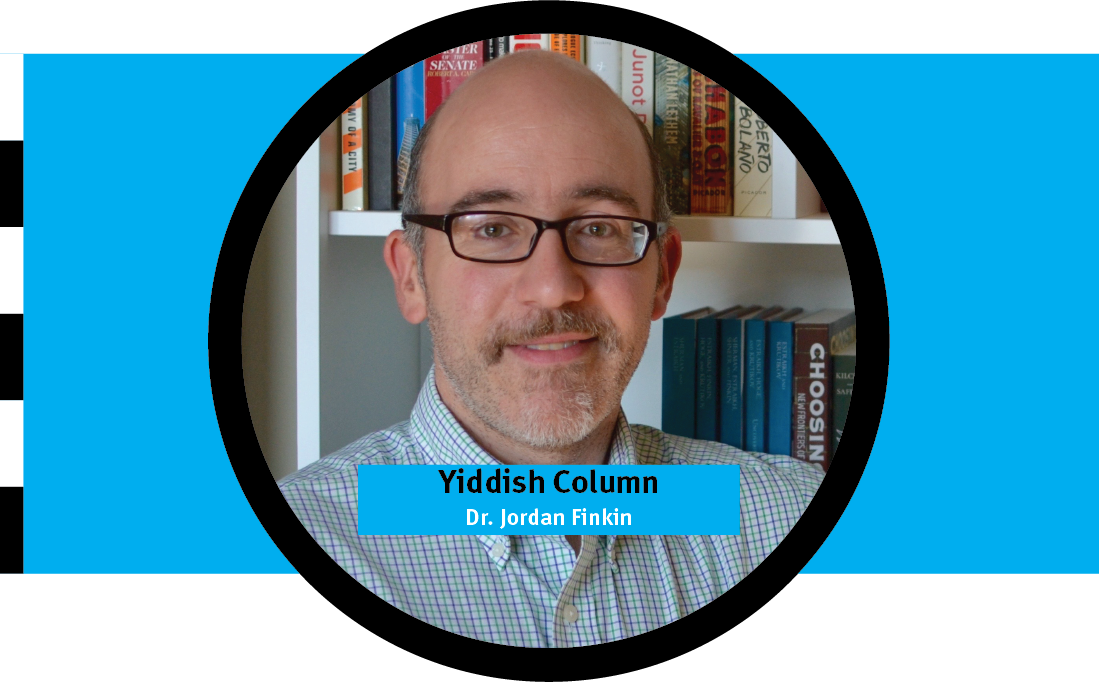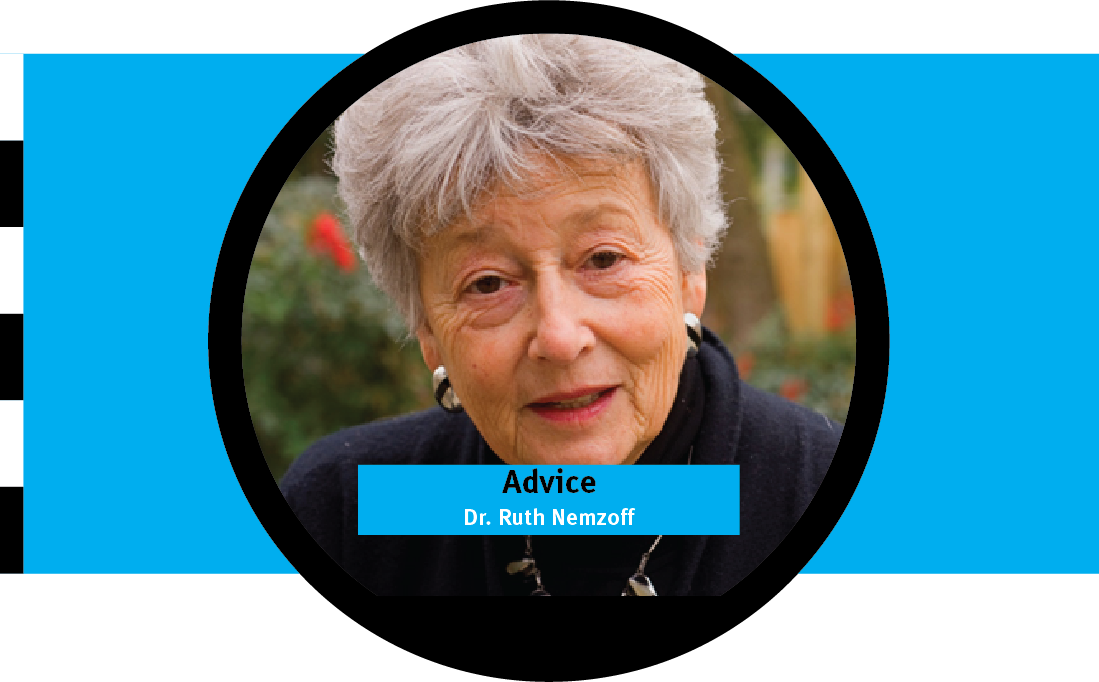Inaccuracies and stereotypes surround the connections of Yiddish-speaking Jews to land. Study-bound scholars, or rootless wanderers, or luftmenschen, or starry-eyed cosmopolitans, there was little interest in the land — so goes the presumption — except for necessary practical realities. Nothing could be further from the truth. Yiddish literature is full of descriptions of the intimacy of Jews’ connection to the lands they inhabit. I’ve often had cause to write in this column about my favorite Yiddish poet, Leyb Naydus. It is impossible to read his lyrics of his native Lithuania without feeling the poet’s sensuous experience of the landscape. Or Moyshe Kulbak’s splendid long poem Raysn (“White Russia”) with its unforgettable portrayals of the lives of quasi-Biblical characters bound inextricably to the rivers and forests of that region.
For the moment I am going to speak a little about Y. Y. Shvarts (1885-1971). Born in a small Lithuanian town, and having received a traditional education, he came to New York in 1906 where he fell in with a group of Yiddish poets known as “Di Yunge” (The Youngsters). These poets split from the dominant politically engaged lyrics of a slightly older generation of Yiddish-speaking immigrants, focusing instead on “impressionist” verses that sought to capture the “mood” of a scene. Shvarts stood out from this “moody” group with his gentle, soft-spoken demeanor. While he did write his own verses, he was known best at this time for his translations, especially Walt Whitman and the Hebrew poetry of Haim Nahman Bialik.
In 1918 he moved to Lexington, Kentucky, where he and his wife opened and ran a millinery and clothing store, a business that became quite successful. In the ensuing decade he would write and publish (first serially, and then in book form in 1925) a book-length poem entitled Kentoki (Kentucky). This remarkable volume (which has been translated into English in its entirety by Gertrude Dubrovsky) portrays Jewish immigrants to Kentucky, their impressions, their struggles, their successes and failures, in a straightforward, uncritical descriptive voice. The Yiddish literary eye on America rarely strayed past the Hudson, so this book became a revelatory portrait for Yiddish-speaking Jews in New York. It was avidly read and taught to a generation of school children, coloring their impressions of the nation and especially what was represented to them as the South. Some of the poem’s descriptions of its realities are dated and can grate on our contemporary sensibilities. It is a document of its time, but its breadth and sensitivity make it speak to us still today.
I will give you the dedicatory verse that begins the book as a whole:
Lib ikh di erd af vélkhe ikh tret —
frish iz di erd un frúkhtbar un fet.
Méydlshe erd, azóy nókhgebik, mild,
kusht máyne trit ir groz un zi kilt.
Hoykht fun ir íngeveyt épl-geshmák,
fokhn di víntelekh un gletn mayn bak.
Kh’veys, s’iz di erd nit farhéylikt mit blut —
s’ligt érgets ándersh mayn táte un rut.
Óber mayn kind fun ir erd iz a shtik,
loykht in ir likht, iz baglíkt fun ir glik.
I love the earth I tread upon —
Fresh is the earth, fertile and lush;
Virgin earth — so yielding and mild —
Its grass kisses my footfalls and cools them.
The aroma of apples exhales from within;
Breezes fan and caress my cheek.
I know the earth is not sanctified by blood;
My father lies elsewhere, resting in peace.
But my child is a part of this earth,
Lit by its light, gladdened by its joy.
The first thing to note is the fact that the depth of intimacy and of affection for the land has nothing to do with nativity. After a loving description of his interactions with the land the poet asserts, “I know the earth is not sanctified by blood.” Suffering does not impart holiness. Nor are birth pangs the only thing that can establish a profound connection to a place. Indeed, “My father lies elsewhere, resting in peace.” Shvarts himself at one point describes the reason for his immigration to have been the experience of a pogrom. In the poem, however, the peaceful eternal repose of his ancestors in a distant land provides no hindrance to his feeling of belonging. A disjunctive “but” separates this thought from the next; that is, whatever one may think of the first statement, what follows is more emphatically true: “my child is a part of this earth.” This land, Kentucky, that the poet has chosen for himself, that he has loved and that has in turn sustained him, is the place where his children are born. The fact of his having chosen his place creates a link of even greater depth and complexity. At a moment when not only immigrants but also their children born in this country are the targets of suspicion and ire, it would be constructive and worthwhile to contemplate the insights Shvarts places at the forefront of his extended meditation on the experience of immigration, emplacement, and belonging.
And as always, “léyent gezúnterhéyt” — read it in good health.
Please send Yiddish questions to: yiddishcolumn@americanisraelite.com.





